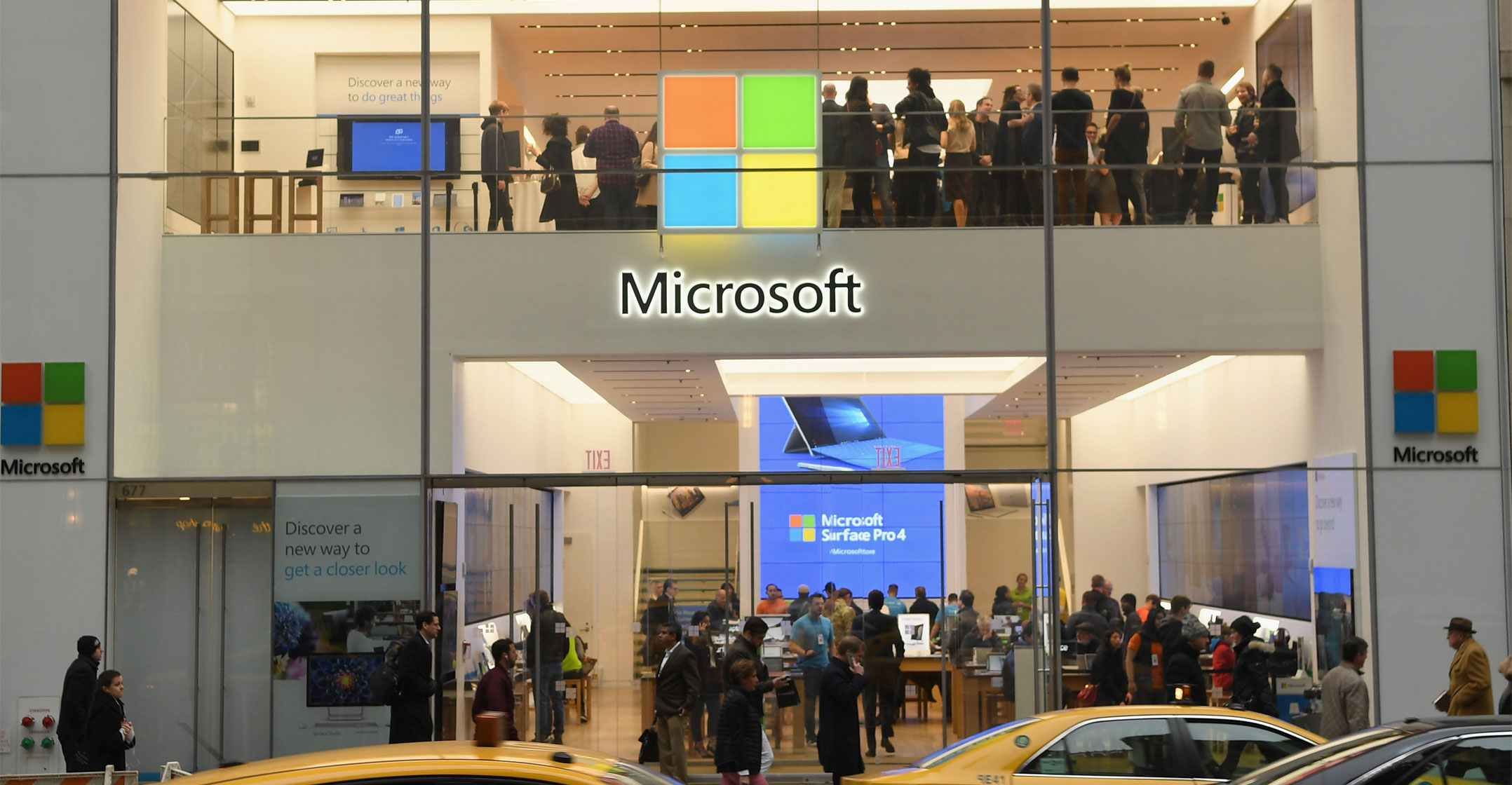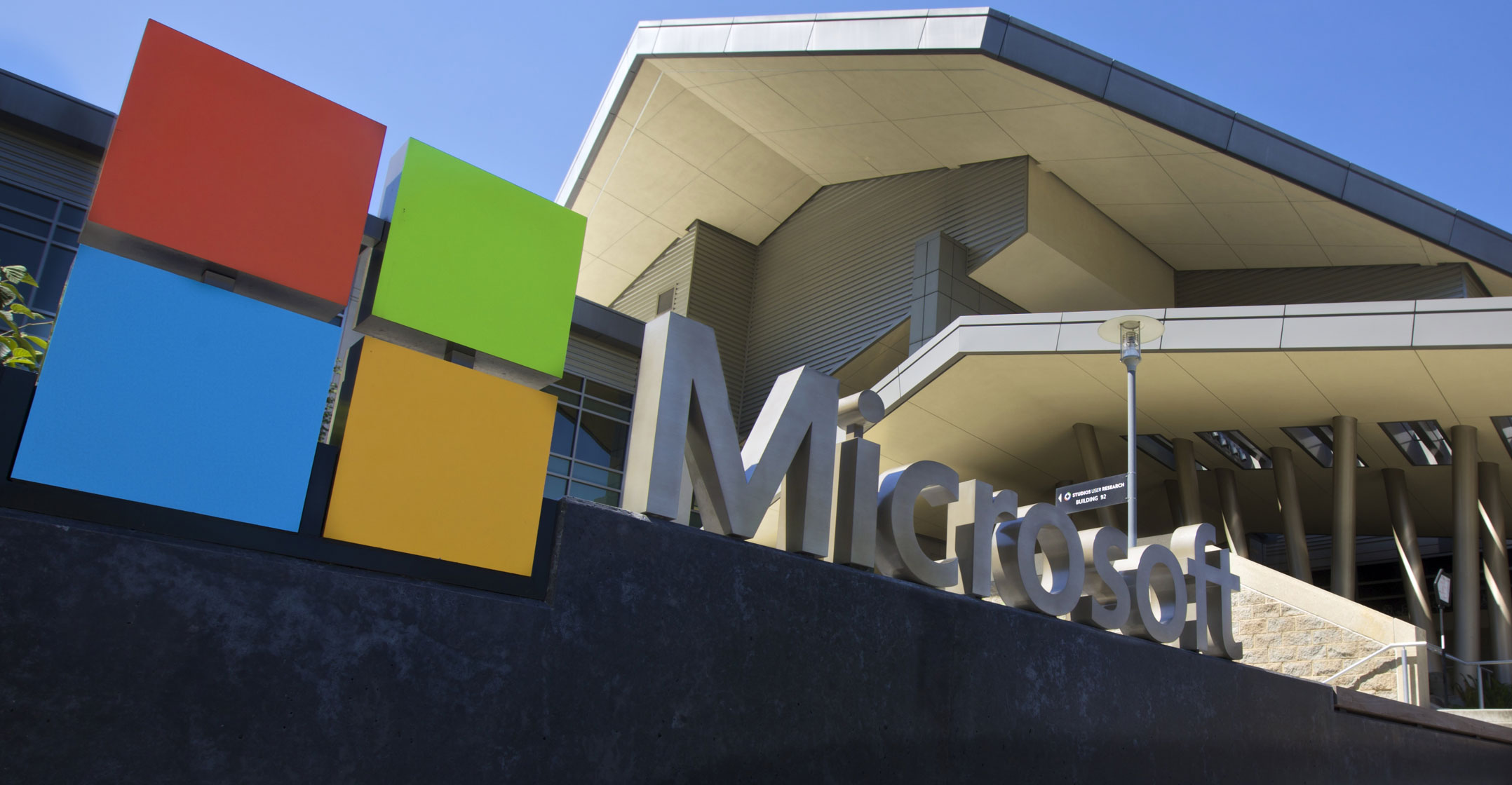 Sometimes, being the runner-up isn’t so bad. Just ask Microsoft.
Sometimes, being the runner-up isn’t so bad. Just ask Microsoft.
Roughly two decades ago, the world’s biggest software maker was in the US government’s antitrust crosshairs for its business practices surrounding its operating system monopoly. Things are different now. While the PC software market is still very large, it’s not where the action is. And for many of the hottest growth areas in technology, Microsoft now finds itself in secondary positions. But that may be the ideal spot to thrive in the current environment.
In cloud computing, Microsoft’s Azure service is just behind Amazon.com’s Amazon Web Services. In artificial intelligence, Microsoft arguably trails Google parent Alphabet. And in gaming, the company’s Xbox division is in third place after Sony and Nintendo. As for total market value? The company ranks — you guessed it — second after Apple on the most valuable company list.
Despite not dominating the new growth markets, investors seem willing to give credit to the software giant’s strong standing in aggregate. Not being number one has also let the software giant largely avoid political attention. While the CEOs of Amazon.com, Apple, Facebook and Alphabet have been grilled by the US congress and regulators over the past year, Microsoft has been largely absent in the proceedings.
It’s an amazing thing when you think about it.
Microsoft is worth about US$2-trillion and yet has floated along without having to face the level of scrutiny given to technology rivals that are worth much less. Amazon, Alphabet and Facebook have market values of $1.7-trillion, $1.5-trillion and $860-billion respectively. Even Twitter, at a relatively “tiny” $56-billion, has become more of a target.
Acquisition spree
Microsoft has taken advantage of not being in the spotlight in another way: acquisitions. In a world where Facebook is facing tough reviews for tiny deals that are unrelated to its core business — including its $1-billion buyout of Kustomer and $400-million purchase of Giphy — Microsoft seems to be freely pursuing megadeals without any concerns.
The company’s shopping activity has been prolific. Last month, Microsoft completed its $7.5-billion takeover of videogame publisher ZeniMax Media. On Monday, it announced the $20-billion purchase of voice-recognition and AI specialist Nuance Communications, its largest acquisition since LinkedIn. That followed a flurry of other M&A speculation over a range of reported targets from gaming-chat community Discord to Pinterest and TikTok.
 Of course, Microsoft still has the pole position in several markets, including office productivity applications, operating systems and server software. But because these products are sold primarily to corporations, they have generated little political interest compared to the consumer-facing social media and smartphone platforms of its peers.
Of course, Microsoft still has the pole position in several markets, including office productivity applications, operating systems and server software. But because these products are sold primarily to corporations, they have generated little political interest compared to the consumer-facing social media and smartphone platforms of its peers.
Microsoft is smart to press the initiative while it can. As much as possible, the company should use its financial resources to boost its capabilities in the best growth areas. It won’t be able to fly under the radar forever. — By Tae Kim, (c) 2021 Bloomberg LP




